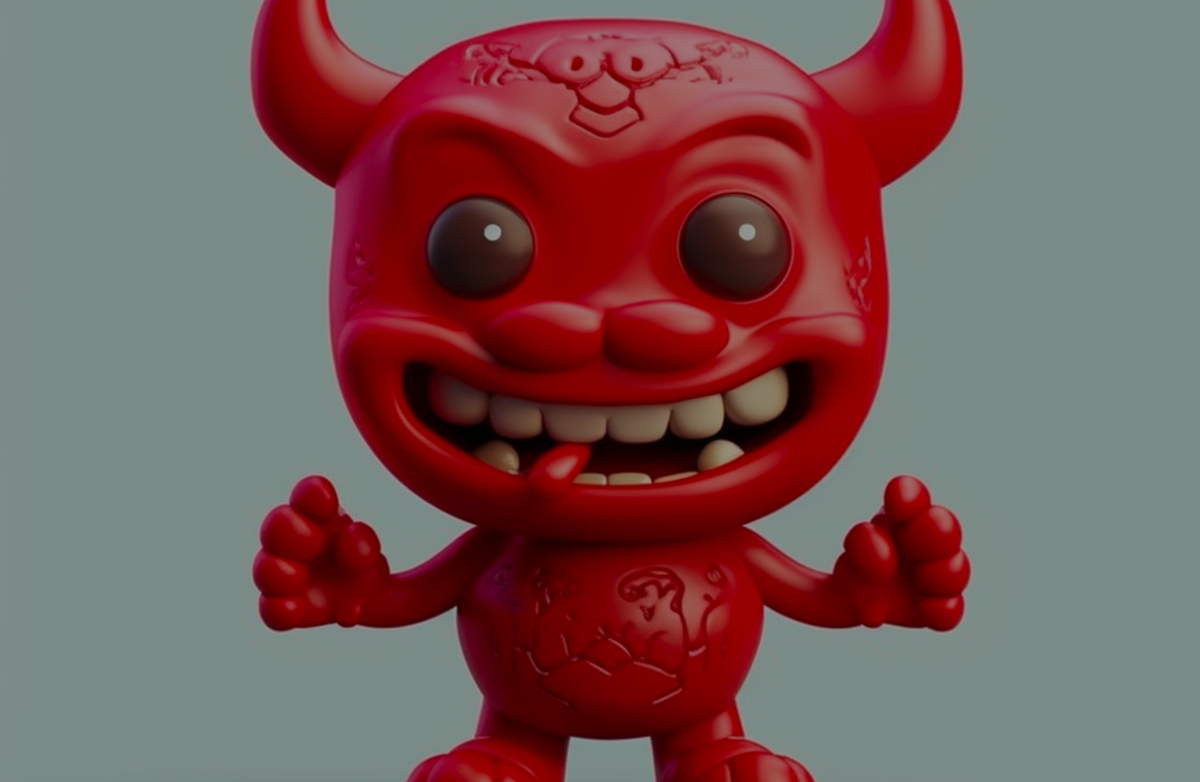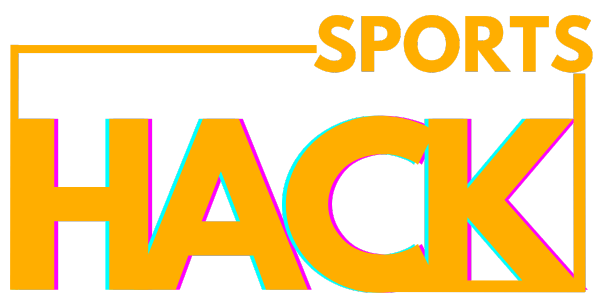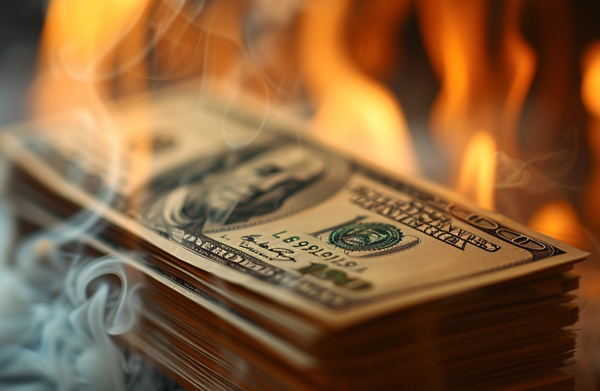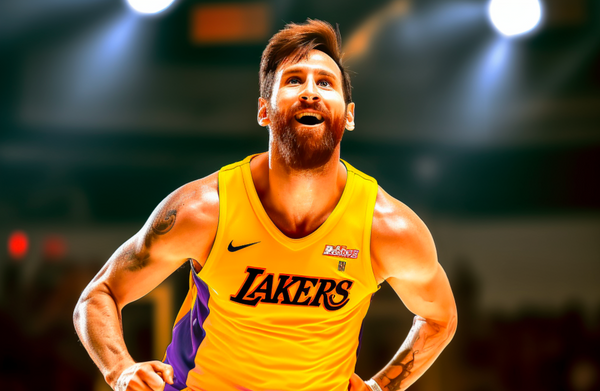Manchester United
Manchester United excels both on and off the pitch, with proactive sponsorships, digital innovations like blockchain collectibles, and a player-centric marketing approach. Their unique business model comprises Commercial, Broadcasting, and Matchday sectors.

👀 Key Takeaways
- Manchester United has a proactive approach to securing sponsorships with leading brands, which has led to numerous partnerships[1].
- The club has embraced digital innovation, launching official digital collectibles powered by blockchain technology[2].
- Manchester United's marketing strategy revolves around its players and the club, using them as promotional products[3].
- The club has a strong management strategy, focusing on playing good football and managing the brand name of the club effectively[4].
- Manchester United's business model includes three principal sectors: Commercial, Broadcasting, and Matchday[5].
📣 Marketing Strategy
- Manchester United's marketing strategy revolves around its players and the club, using them as promotional products[3].
- The club has its own television channel and website, which it uses to market its products and broadcast its matches[3].
- Manchester United has made lucrative deals with other companies and sells its own and various other products through its team members and its website[3].
- The club has embraced digital innovation, launching official digital collectibles powered by blockchain technology[2].
🏆 Management Strategy
- Manchester United focuses on playing good football and managing the brand name of the club effectively[4].
- The club has strategies in place to buy the best players alongside developing its own from the football academy[4].
- Manchester United is a powerful commercial organization, which provides them with a good competitive advantage[4].
- The club focuses on investing in alternative sectors like selling other related goods to boost the cash flow[4].
💡 Innovation Strategy
- Manchester United has embraced digital innovation, launching official digital collectibles powered by blockchain technology[2].
- The club has entered an innovative partnership with Ecolab, a global leader in water, hygiene, and infection prevention, to adopt its science-based solutions across Old Trafford and the Carrington training ground[6].
- This partnership aims to show leadership in hygiene and sustainable practices, helping create a cleaner environment for fans and promote public health[6].
🧩 Business Model
- Manchester United operates and manages its business as a single reporting segment – the operation of a professional sports team[5].
- The club reviews its revenue through three principal sectors: Commercial, Broadcasting, and Matchday[5].
- Within the Commercial revenue sector, Manchester United monetizes its global brand via three revenue streams: sponsorship; retail, merchandising, apparel & product licensing; and mobile & content[5].
🦋What is Unique
- Manchester United's unique approach to securing sponsorships with leading brands has led to numerous partnerships[1].
- The club's embrace of digital innovation, such as launching official digital collectibles powered by blockchain technology, sets it apart[2].
- Manchester United's marketing strategy, which revolves around its players and the club, is a unique approach to promotion[3].
- The club's management strategy focuses on playing good football and managing the brand name of the club effectively[4].
- Manchester United's business model, which includes three principal sectors: Commercial, Broadcasting, and Matchday, is a comprehensive approach to revenue generation[5].
Manchester United's business strategy and innovation ecosystem is a testament to the club's commitment to excellence, both on and off the pitch. The club's proactive approach to securing sponsorships, embracing digital innovation, and focusing on playing good football while managing the brand name effectively, sets it apart in the world of football.





